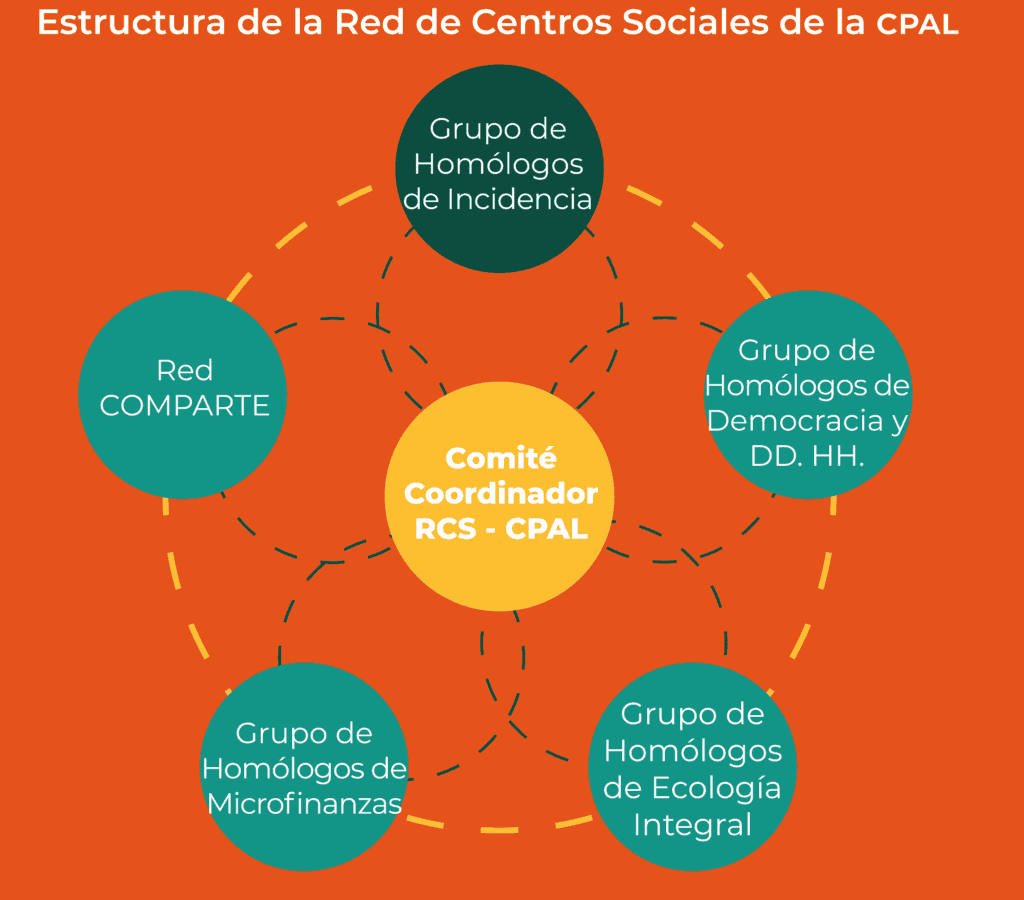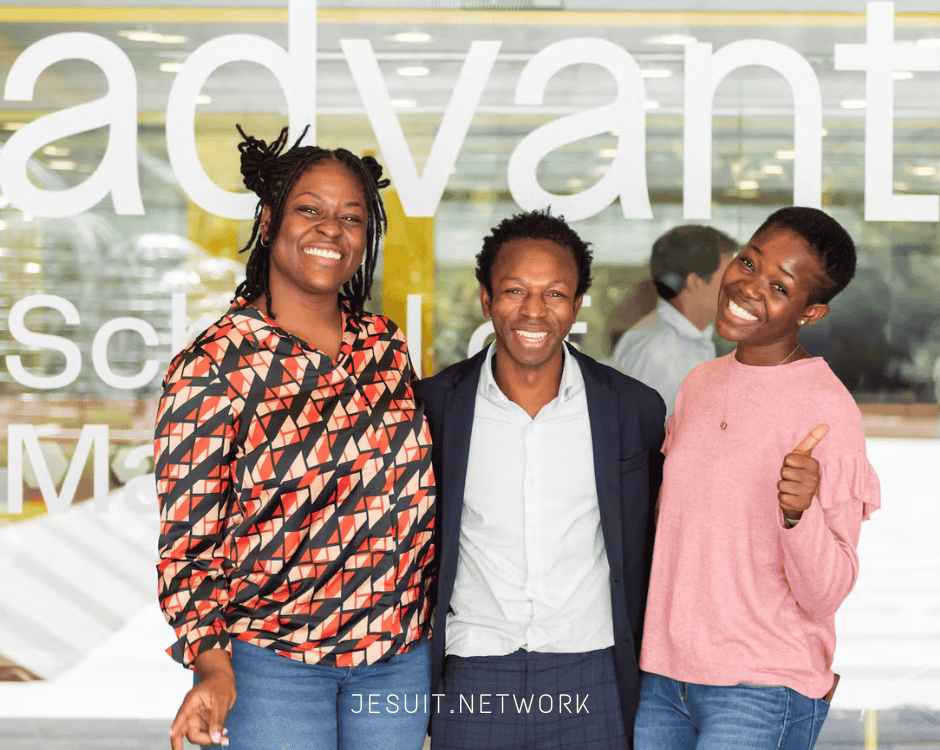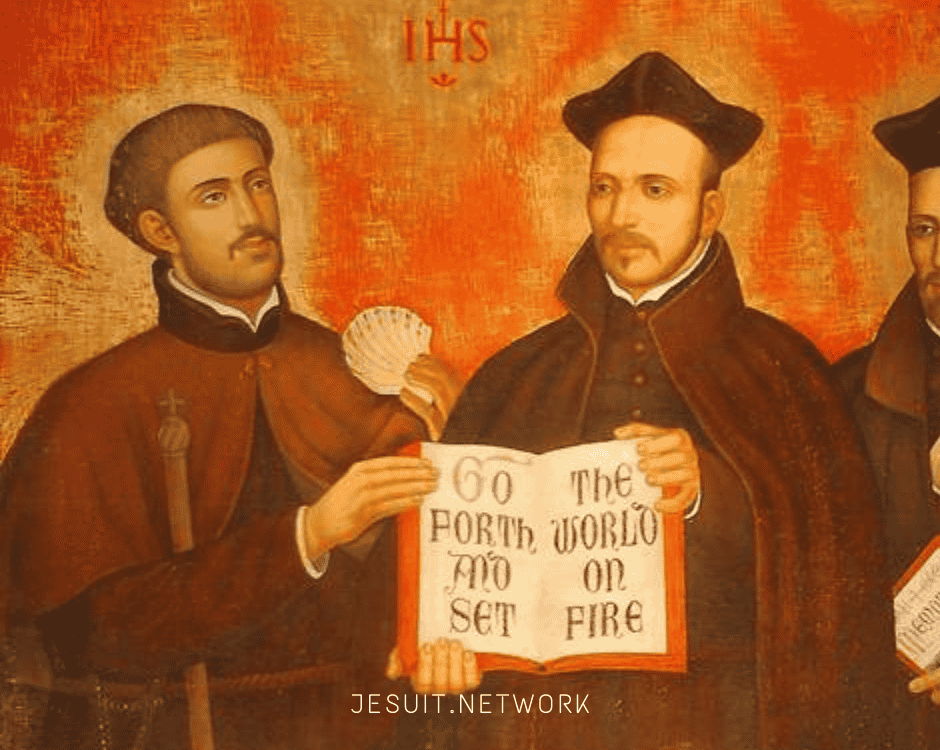This website uses cookies so that we can provide you with the best user experience possible. Cookie information is stored in your browser and performs functions such as recognising you when you return to our website and helping our team to understand which sections of the website you find most interesting and useful.
Network of Social Centers in Latin America: Walking together towards collective action.
In 2019, a little more than ten years after its creation in Manaus (2008), the Network has 41 social centers in Latin America and the Caribbean and five working groups that address issues of Microfinance, Integral Ecology, Human Rights and Democracy and Advocacy, and the Red Comparte.

The achievements, strengths and challenges are linked to the permanence in time and the capacity of active linkage of social centers, universities or nearby organizations, as well as the pace of actions. The impacts are differentiated, linked to the social contexts, the nature of each process and the specific characteristics of the groups.
The Microfinance project has been consolidated through planning and exchange seminars (Nicaragua 2017 and Colombia 2018), a nascent knowledge management strategy in savings and credit methodologies, together with the identification of experiences in national situations. It provides popular sectors with a financial tool that supports local and family economies, making them understand that microfinance is not a means but an end to promote economic-productive alternatives under a social and solidarity-based scheme.
The Advocacy Program has generated exchanges of knowledge in different countries of the continent through the creation of a virtual diploma in political advocacy (2014 – 2018). There is a potential learning community of 106 collaborators, between Jesuits and lay people, from 50 institutions in 16 countries, through two cohorts. It is an exercise in democratization of information, to design strategies of advocacy at the regional level in three lines of deepening (migration, youth participation and extractive activities) and project joint actions, with the aim of jumping from the local and national to the regional.
Comparte is a learning community with a multilevel program. It has managed to deepen and broaden alternative economic-productive experiences to the prevailing development model, of peasant, indigenous and black organizations in different territories, which seek to be sustainable and replicable, accompanied by Jesuit centers and works in the continent.
Those of Integral Ecology and Democracy and Human Rights are the youngest and are being reconfigured. In both cases, they articulate reflections, follow-up exercises and the elaboration of reports to establish common axes in the themes.
These five spaces bring together some of the most complex, tense, and challenging issues and fields of action facing the region, along with the enormous challenge of thinking critically in terms of integral rights, broadening the scale and outlining a common and strategic horizon, a focus for collective and collaborative action, in favor of the poorest and most excluded. Not to capture their voice, but to accompany the complexity of their lives, their hopes and aspirations, since they are much more than simple needs (Cafiso, 2009, p.42, in Marroquín, 2018, p.43) .
So far the strength has been the exchange and the generation of capacities. However, the continent demands bottom-up actions that challenge the system, that integrate the Universal Apostolic Preferences and that retain us as social institutions of the Society in alliance and link with others, to make regional exchange a path for global social transformation.





